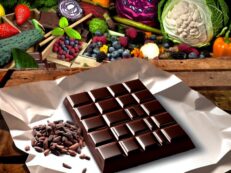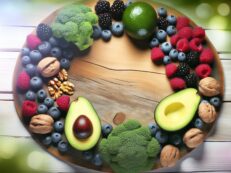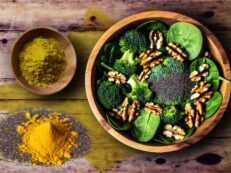
Latest research published in the Journal of Biological Chemistry highlights a very interesting study led by USC professor Kelvin J. A. Davies.
Typically, oxidative stress within the cells is not good, something to be avoided. The antioxidant industry is a multi-billion dollar industry encouraging people to eat foods high in antioxidants, in order to try to block oxidation in their cells. Oxidative stress has been tied to over 200 diseases and people taking antioxidants hope to lower their risk of illnesses, such as Parkinson's, Alzheimer's, cancer, heart disease, stroke, depression— all of which all are linked to Oxidative stress. Interestingly, the genes expressed by the body's cells are way more effective at reducing Oxidative stress than eating foods containing antioxidants. The topic of direct vs. indirect antioxidants is a topic for another article.
USC professor Kelvin J. A. Davies demonstrated that the body produces a powerful protein known as Nrf2 which produces survival enzymes and governs a cell's ability to deal with Oxidative stress. It does so by increasing the expression of key genes for removing damaged proteins.
The question the scientists from the University of Southern California (USC) team set out to answer was whether Nrf2 reduced the effectiveness of Chemotherapy and radiation. The way in which these treatments are used to fight cancer cells is to increase Oxidative Stress rather than reduce it.
The study showed that production of proteasome and a proteasome regulator (Pa28) is controlled by Nrf2 during oxidative stress. When Oxidative stress increases Davies and his team found that the Nrf2 in a cell starts ramping up proteasome production. This process protected the cells from the very Oxidative stress that was intended to kill the cancer cells.
The researchers then tested their findings by blocking Nrf2 with various chemical and genetic inhibitors, which decreased the cell’s ability to make more proteasome and cope with the hydrogen peroxide.
More tests are being done to determine whether one could selectively target the bad cells by reducing certain Nrf2 processes and at the same time allow the cells to continue to protect themselves from the bad effects of Oxidative stress. "We would like to be able to reverse this decline in normal cells while making cancer cells less stress-resistant and more easily killed by radiation therapy and chemotherapy," Davies said.
Some key takeaways from the study are as follows. 1) That Nrf2 is an effective tool to fight Oxidative stress, which in turn is linked to hundreds of diseases. 2) Most people considering the antiaging benefits of Nrf2 balancing/synergy in the body are not undergoing radiation and Chemotherapy and could benefit from the reduced Oxidative stress. 3) Those undergoing Chemotherapy or radiation should consult with medical professionals regarding the timing of taking foods/supplements that could increase Nrf2 activation.
Please validate any information here with a healthcare professional. The content is provided for education purposes, This content has not been evaluated by the Food and Drug Administration. Any advice or products mentioned is/are not intended to diagnose, treat, cure, or prevent any disease,










